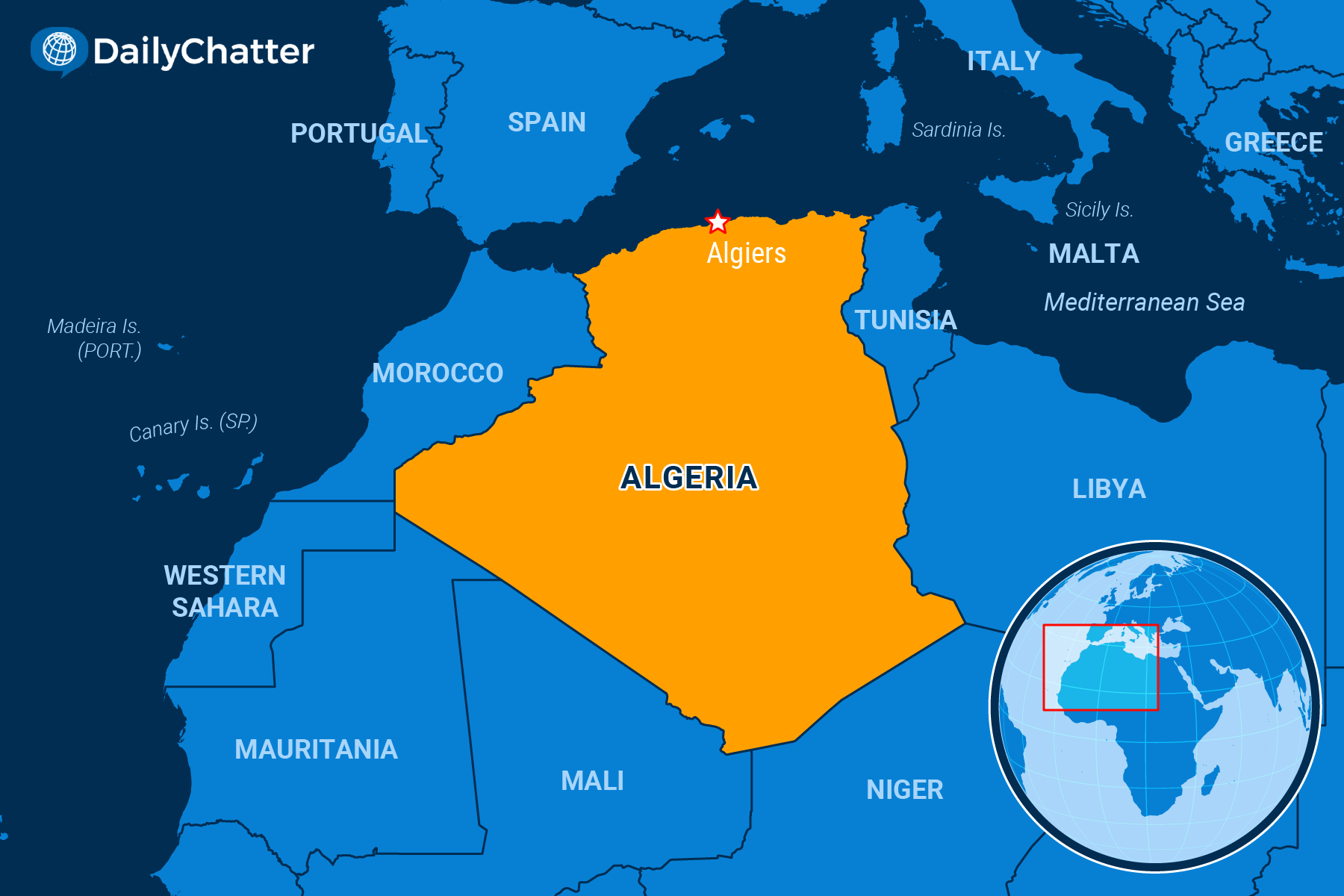NEED TO KNOW
ALGERIA

Bitter Win
Algeria’s traditional ruling political party, the National Liberation Front, garnered the most votes in parliamentary elections held on June 12, the first since mass protests forced longtime authoritarian President Abdelaziz Bouteflika to resign two years ago.
But it would be inaccurate to say the Front was victorious.
The party lost 50 seats in an election where only 23 percent of voters cast ballots because opposition leaders called for a boycott to protests the government’s crackdown on rallies and demonstrations. “Elections will not give the regime legitimacy, and repression and arrests will not stop the people’s peaceful revolution,” Samir Belarbi, a protest leader, told Reuters.
The National Liberation Front, known by its French acronym FLN, ran Algeria after independence from France in 1962. It was the sole political party until 1990 when multi-party elections took place. Bouteflika ran the country for nearly 20 years, Agence France-Presse explained. His rule was a mix of repression of speech, assembly and other civil rights and corruption and nepotism, as Human Rights Watch outlined.
When Bouteflika announced he would run for a fifth term even though he was in his early 80s and suffering from ill health, Algerians rose up in protests called the Hirak Movement, or the Revolution of Smiles, and successfully demanded his ouster.
Still, the election results suggest that military and security forces associated with the FLN will remain the real power in the North African country, said Hirak Movement members. They view current President Abdelmadjid Tebboune, for example, as a member of that same power structure. He won office in a 2019 election that they also criticized, reported the Washington Post.
Analysts agree. Writing in Al Jazeera, Brookings Doha Center Visiting Fellow Yasmina Abouzzohour argued that the military was working hard to quell the protests. But their plans aren’t working. Last year, they passed a constitutional referendum that limited presidential and legislators’ terms and created an anti-corruption office. Critics said it was inadequate. Then they enacted and enforced harsh anti-assembly laws. The protests aren’t stopping, though. Even the June 12 elections – considered a “snap” election because the president called for early polls – was a move to defuse tensions, she argued.
One political party was happy after the election, the Movement of Society for Peace, a moderate Islamist party, which came in third. Society leader Abderrezak Mokri said he was looking forward to a “strategic dialogue” to rebuild the country, according to Africanews and wire services.
Many, many Algerians are looking forward to that rebuilding phase, too.
To read the full edition and support independent journalism, join our community of informed readers and subscribe today!
